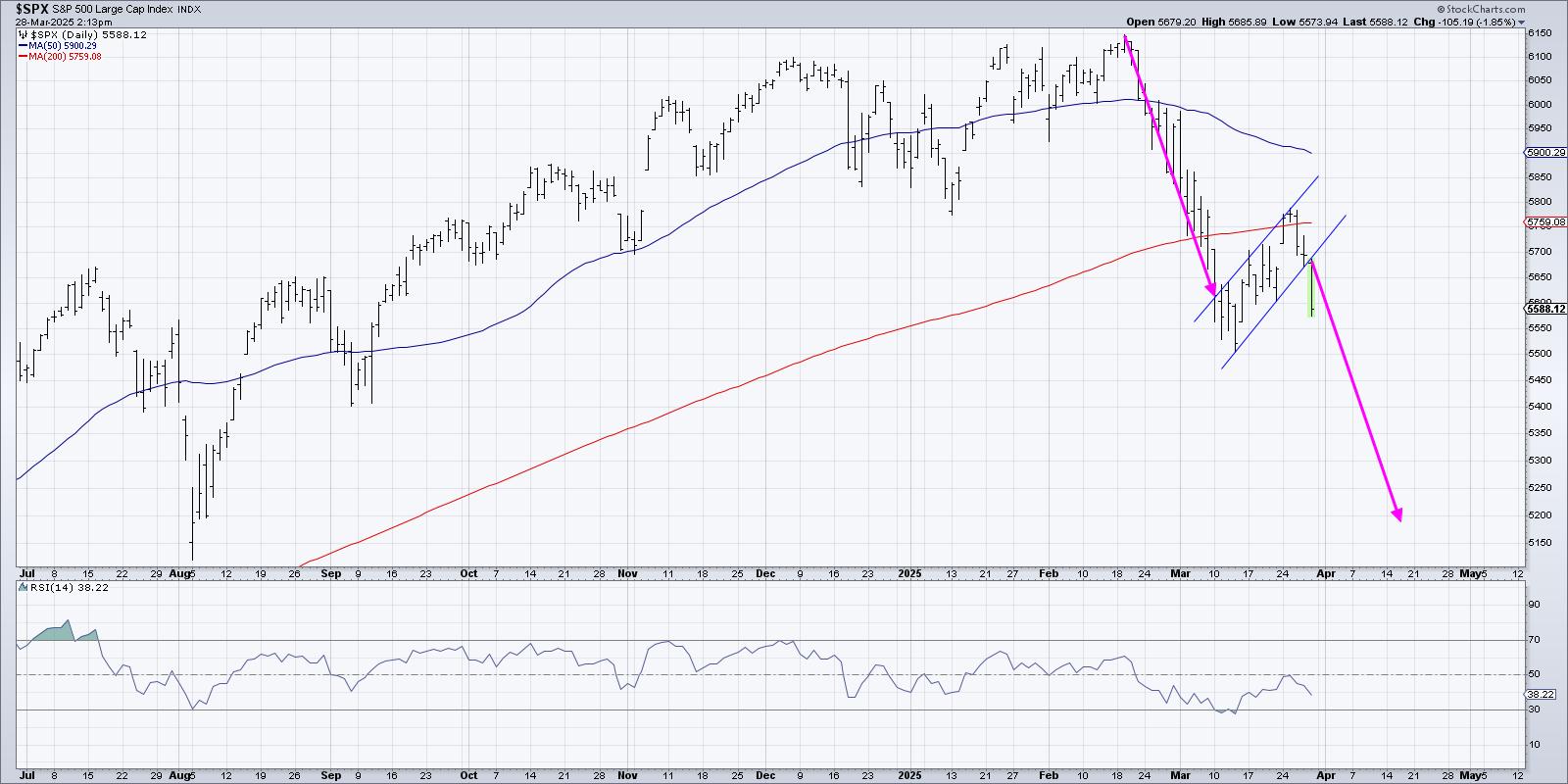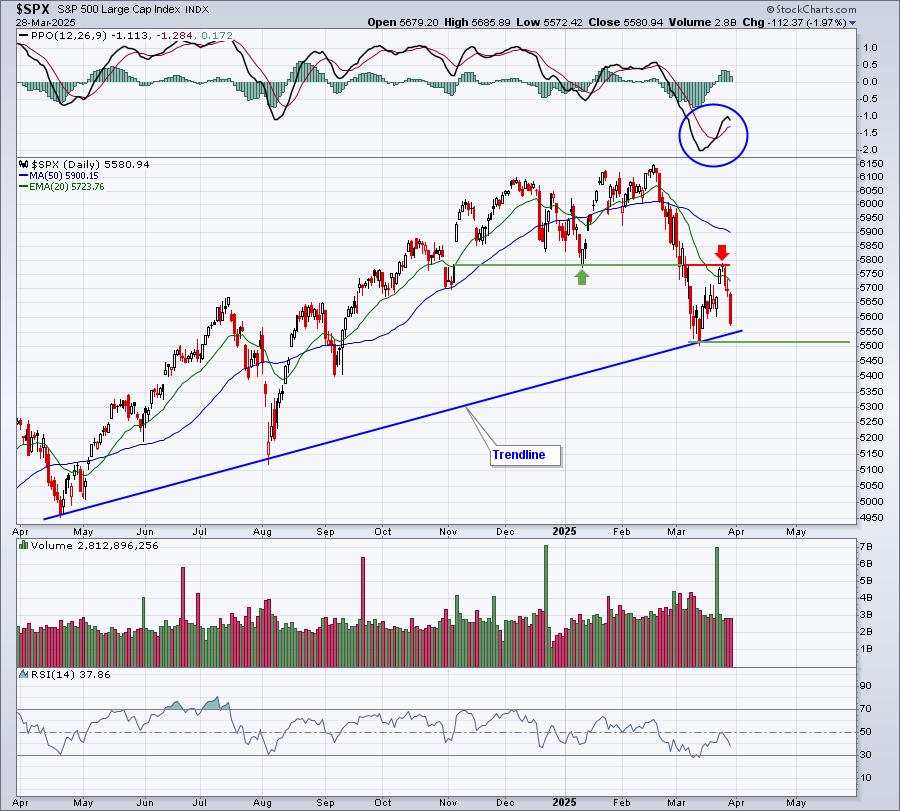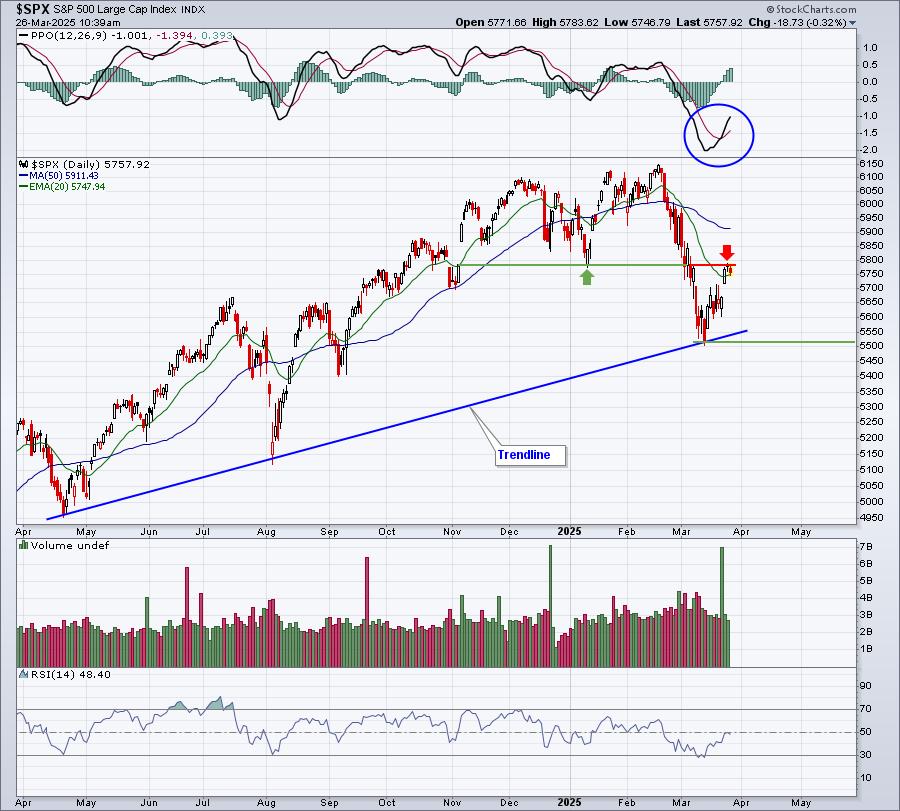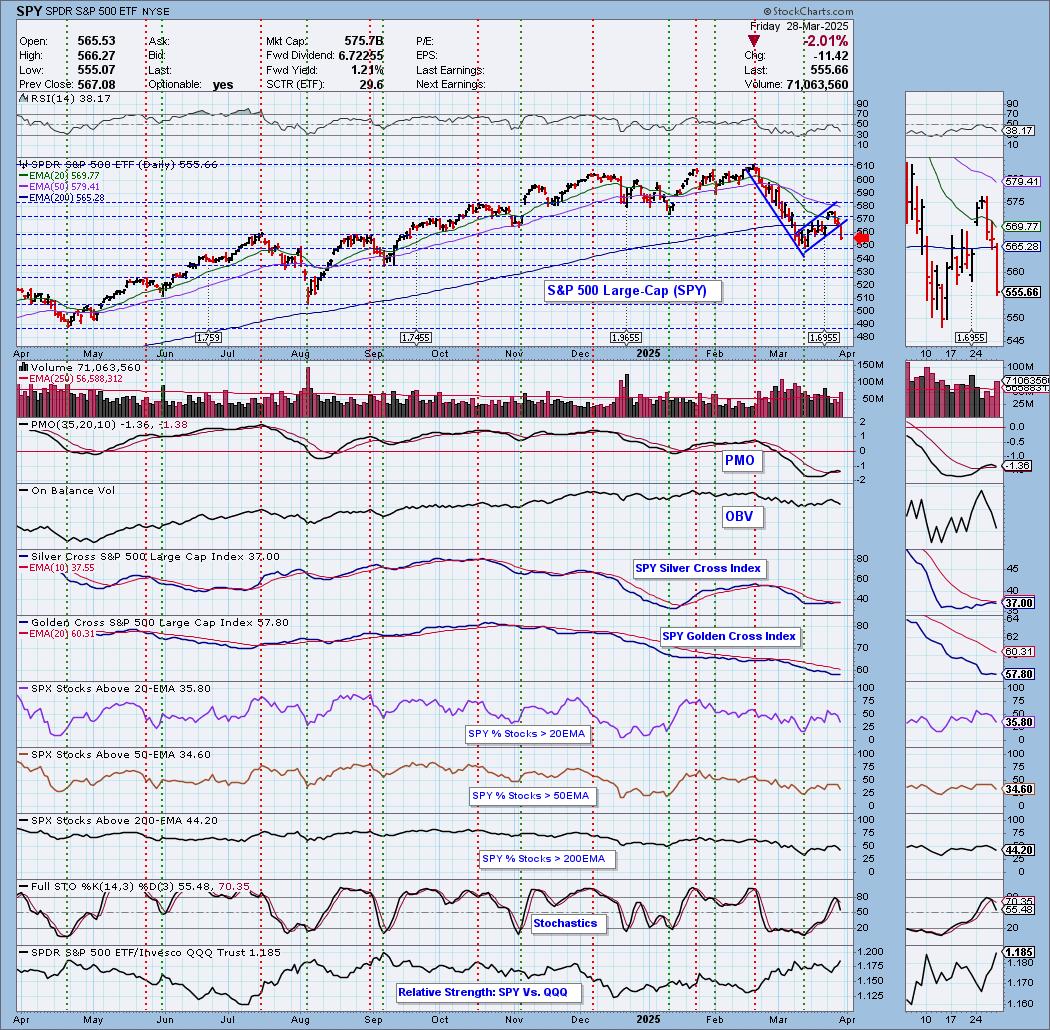TAKEAWAYS
- The technology sector got a boost from Salesforce's stellar rise in stock price.
- In lieu of purchasing shares of Salesforce stock, you could try trading options on the stock.
- The call vertical spread is an optimal strategy to take advantage of Salesforce's growth.
 When it comes to the stock market, each day is unique. As a result, it's easy to get distracted and look from one area to another based on whims, which can leave you confused and unable to make any decisions -- thus putting you in the dreaded state of analysis paralysis. And while going down that rabbit hole, you'd have missed out on several investing opportunities such as the one identified in this article—Salesforce.com, Inc. (CRM).
When it comes to the stock market, each day is unique. As a result, it's easy to get distracted and look from one area to another based on whims, which can leave you confused and unable to make any decisions -- thus putting you in the dreaded state of analysis paralysis. And while going down that rabbit hole, you'd have missed out on several investing opportunities such as the one identified in this article—Salesforce.com, Inc. (CRM).
Start With a Big Picture View
Here's an example of how you can view the big picture of the stock market and narrow down your choices to one or two stocks or exchange traded funds (ETFs) to add to your portfolio.
When the stock market opens, a quick sweep of the Market Summary page gives you an idea of which areas of the market are up or down. On Wednesday, technology stocks were trading higher, as were precious metals and cryptocurrencies. Volatility was still low, and several market breadth indicators suggest that breadth is expanding. Overall, investor sentiment was bullish.
Identify the Leading Sector
Given that technology stocks were the leaders on Wednesday morning, I viewed the daily chart of the Technology Select Sector SPDR ETF (XLK). Sure enough, XLK gapped up and was at an all-time high.
FIGURE 1: DAILY CHART OF TECHNOLOGY SELECT SECTOR SPDR ETF (XLK) A series of higher highs and trading higher than the November 7 close indicates that this sector is trending upward.Chart source: StockCharts.com. For educational purposes.
Since its August low, XLK has been trending higher with a series of higher lows and higher highs. It has also surpassed its November 7 close of 234.86. Digging deeper into Technology sector using the Sector Summary tool, it was clear that the main reason for the gap up in XLK was due to the earnings report from Salesforce.com after Tuesday's close.
How to Trade CRM Using Options
The daily CRM chart below shows that the stock had its ups and downs. However, since November 7, when the StockCharts Technical Rank (SCTR) score crossed above 70 (top panel), CRM's stock price has been trending higher, although in a volatile fashion.
FIGURE 2. DAILY CHART OF SALESFORCE STOCK (CRM). The stock is trending higher and is above its 21-day exponential moving average, the SCTR score is at 94.4, and the RSI has crossed above 70.Chart source: StockCharts.com. For educational purposes.
CRM's stock price has held on to the support of its 21-day exponential moving average. The relative strength index (RSI) has also crossed above 70, indicating the stock is gaining strength. Overall, the stock looks like a potential buy, but with the stock trading at around $360, it's a little steep to own a significant number of shares.
An alternative is to trade options on CRM. Using the OptionsStrategy tool, I identified an optimal options strategy. Give it a try using the following steps:
- Below the chart of CRM, in the left menu bar, select Options (under Tools & Resources).
- Click the OptionsPlay button that's above the options chain table.
- Since my bias is bullish, I look for strategies that fall under the bullish category.
In the screengrab below, you can see the difference in the cost of buying 100 shares of CRM vs. buying the call vertical spread. Both have a bullish OptionsPlay score, but the vertical spread costs much less. Let's explore putting on a call vertical spread in CRM. A call vertical spread is when you buy and sell two call options that have the same expiration date and different strike prices.
FIGURE 3. OPTIMAL OPTIONS STRATEGIES FOR CRM. The call vertical spread presents the better risk/reward tradeoff. Plus you'd end up paying less than purchasing 100 shares of CRM.Image source: OptionsPlay Strategy Center in StockCharts.com.
Click the icon at the top right of the call spread card (expand button). This shows more trade details, such as the target price, expected profit, and expected return. The Strategy & Greeks tab explains the strategy.
FIGURE 4. STRATEGY DETAILS OF THE CALL VERTICAL SPREAD. Here, you see the max reward, max risk probability of profit, and other details. The Strategy & Greeks tab provides a summary of the strategy.Image source: OptionsPlay Strategy Center in StockCharts.com.
If you're going to place the trade, it helps to take screenshots of these different tabs, so you know when you've hit your max profit.
Putting On an Options Position
All this looks favorable, so I'll click the Trade button, copy the trade to my broker's platform, and wait patiently for the next 44 days. In the meantime, I have my trade details saved so if I reach my expected profit, I'll close the position.
You can't expect things to work out as expected. Things change, and if the trade goes south, I'll have to decide whether to roll the position to a future date or take the loss.

Disclaimer: This blog is for educational purposes only and should not be construed as financial advice. The ideas and strategies should never be used without first assessing your own personal and financial situation, or without consulting a financial professional.
Good Luck!






